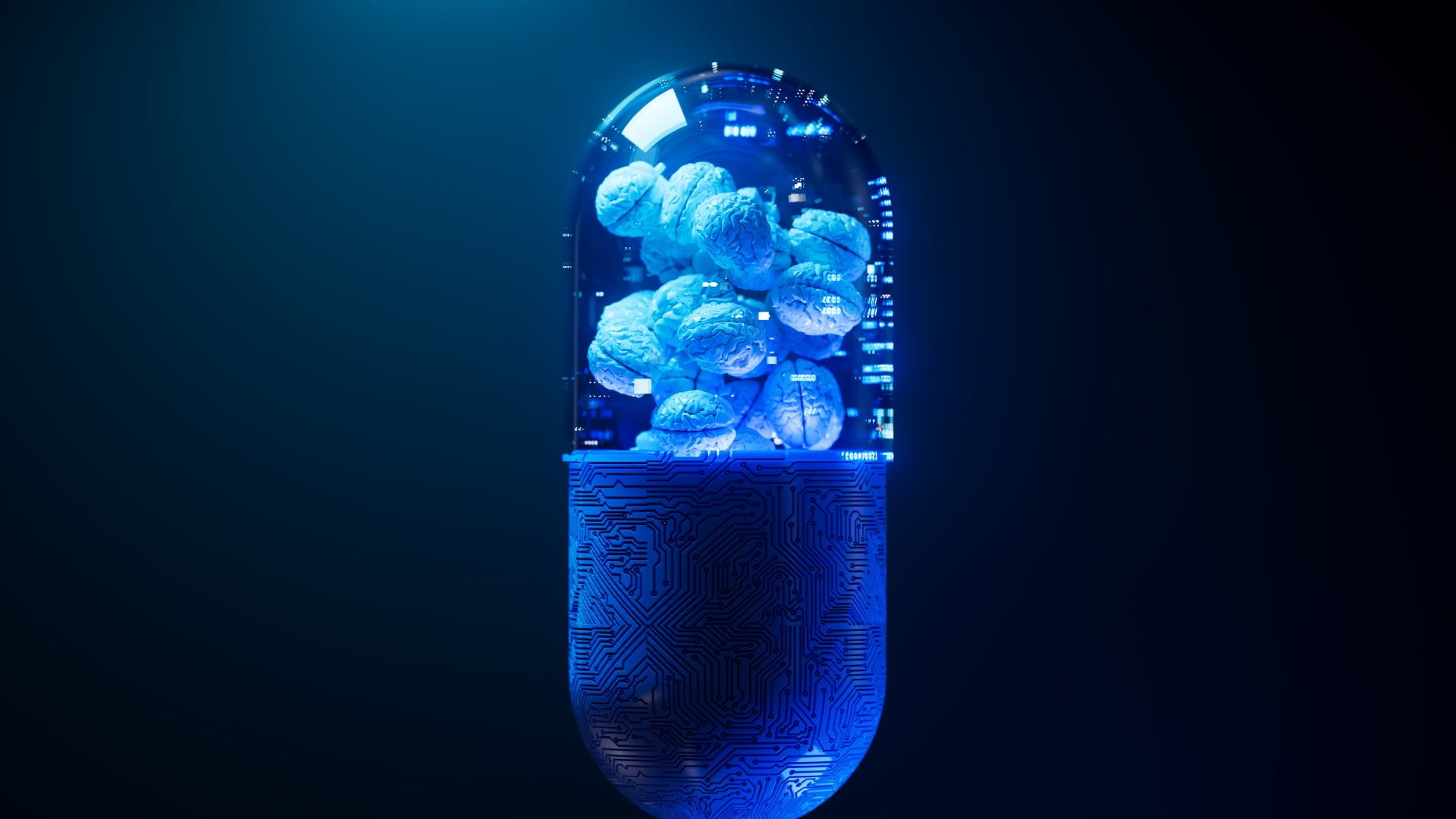Generative AI will be designing new drugs all on its own in the near future

🌈 Abstract
The article discusses how generative AI will be able to design new drugs on its own in the near future. It highlights recent advancements in AI-powered drug discovery, including:
- Eli Lilly's experiments with using generative AI to search through millions of molecules and generate novel drug candidates that surprised their own researchers.
- The breakthrough of Google's DeepMind AI with AlphaFold in 2021, which demonstrated the ability of AI to determine protein structures.
- Predictions that within a few years, AI will not only think up new drugs, but ones that humans could not create.
- How AI is rapidly accelerating drug discovery by simulating biological behavior and interactions, allowing for faster and more successful development compared to traditional empirical methods.
- Examples of how AI is being used to engineer more stable and effective protein-based drugs.
🙋 Q&A
[01] Eli Lilly's Experiments with Generative AI
1. What were the key findings from Eli Lilly's experiments with using generative AI for drug discovery?
- Eli Lilly's researchers were surprised to find that the AI-generated drug molecule designs had "weird-looking structures" that were not matched in the company's existing database, but appeared to be potentially strong drug candidates.
- When Lilly executives presented these AI-generated designs to their research scientists, the scientists responded positively, saying "It's interesting; we hadn't thought about designing a molecule that way."
- This was an "epiphany" for the Lilly executives, as it showed the AI was able to generate ideas based on the data that humans may not have been able to see or visualize.
2. What was the key takeaway for Lilly from these experiments? The key takeaway was that the AI was able to produce novel drug designs that human researchers had not considered, demonstrating the potential for AI to open up new pathways in medicine development that humans may not have otherwise explored.
[02] The Potential of AI in Drug Discovery
1. How is AI transforming the traditional drug discovery process?
- AI is allowing drug discovery to move from an "artisanal process" with a 90% failure rate, to a more systematic and repeatable engineering process.
- AI can simulate biological behavior and interactions in computer models, allowing the drug discovery process to be accelerated from years down to months.
- Studies have shown that introducing AI early in the drug development process can increase the probability of success from 50% to 90%.
2. What are some of the unique capabilities of AI in drug discovery compared to humans?
- AI can "hallucinate" new proteins and drug candidates that do not exist in nature, exploring a much larger discovery space than what is possible through traditional empirical methods.
- AI can rapidly screen trillions of drug compounds and predict protein structures, capabilities that would be extremely time and resource-intensive for human researchers.
- AI can identify optimal protein modifications for drug development more quickly than manual lab work.
3. What are some of the limitations or challenges with using AI for drug discovery?
- While AI can generate novel drug candidates, they still need to be validated through traditional human clinical trials to prove their real-world efficacy and safety.
- The biological data and models used to train AI systems for drug discovery are still relatively small compared to other AI domains like natural language processing.
- There are concerns about the potential for AI to "hallucinate" drug candidates that may not actually work as intended, requiring rigorous testing.